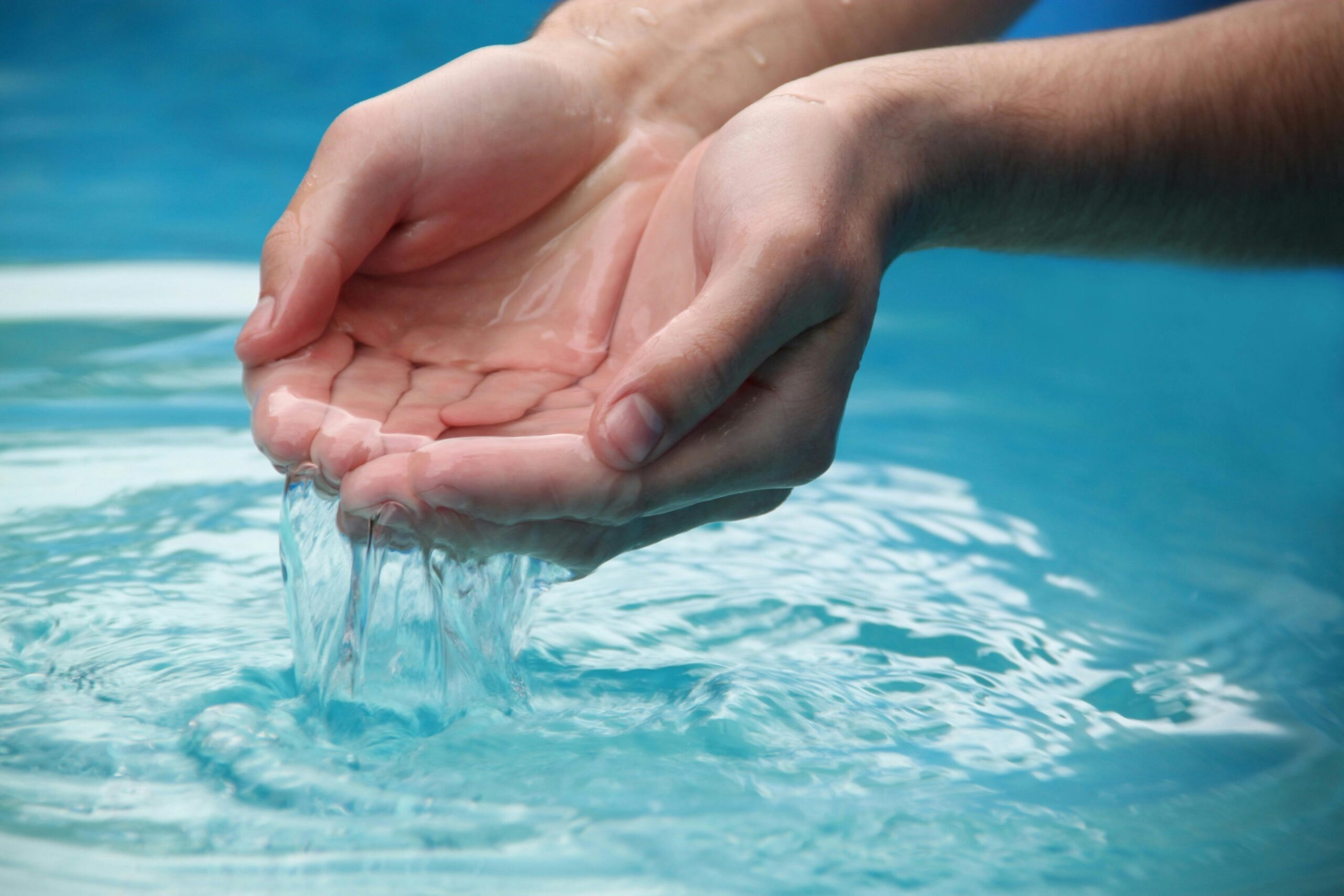BAPUR Project
Fully Bio-based Advanced Filtration Systems for Removal of Emerging Pollutants from Water
BAPUR Project is a groundbreaking initiative addressing one of the most pressing challenges of our time: the removal of emerging contaminants from water. Through advanced bio-based materials and cutting-edge filtration technology, this project is committed to safeguarding public health and preserving the balance of aquatic ecosystems.
The project is carried out by five entities: University of Cantabria (Spain) as a coordinator and University of Tomas Bata (Czech Republic), University of Ljubljana (Slovenia), Latvian State Institute of Wood Chemistry (Latvia) and Åbo Akademi University as partners (Finland).
Main objective: design, development, and pilot-scale verification of the fully bio-based filtration unit for effectively removing emerging pollutants from water
With several specific objectives:
- OB1. Development of novel techniques for the treatment of lignocellulosic waste-based biomass.
- OB2. Functionalization of biomaterials towards higher affinity to emerging pollutants (such as hormones, antibiotics, heavy metals, halogenated hydrocarbons and microplastics).
- OB3. Optimization of biopolymer processing techniques for the production of nanostructured nonwoven filtration materials.
- OB4. Employment of untraditional biomass porous materials (fungi mycelium) as filtration material.
- OB5. Design and production of fully bio-based vessels for installation of filtration system by using traditional and additive processing techniques.
- OB6. Development and verification of effective and fast analytical techniques for online monitoring.
- OB7. Modeling and simulation for effective tailoring and design of the filtration unit applicable under real conditions (water flow rate, pressure, etc).
- OB8. Life cycle assessment, techno-economic analysis, and multi-criteria analysis for making decisions about the best filtration systems.
Main output: verified pilot scale filtration system
Expected results of the project include:
- New low-impact methods for biomass processing,
- New functionalization materials for emerging pollutant removal,
- New analytical techniques for the analysis of pollutants at very low levels;
- New making decision methods based on the techno-economic, environmental and social evaluation.
In addition, BAPUR project will generate new filtration units and designs based on fully bio-based materials at a TRL 6. Some industrial collaborators and Government institutions are very interested in the final filtration systems.

